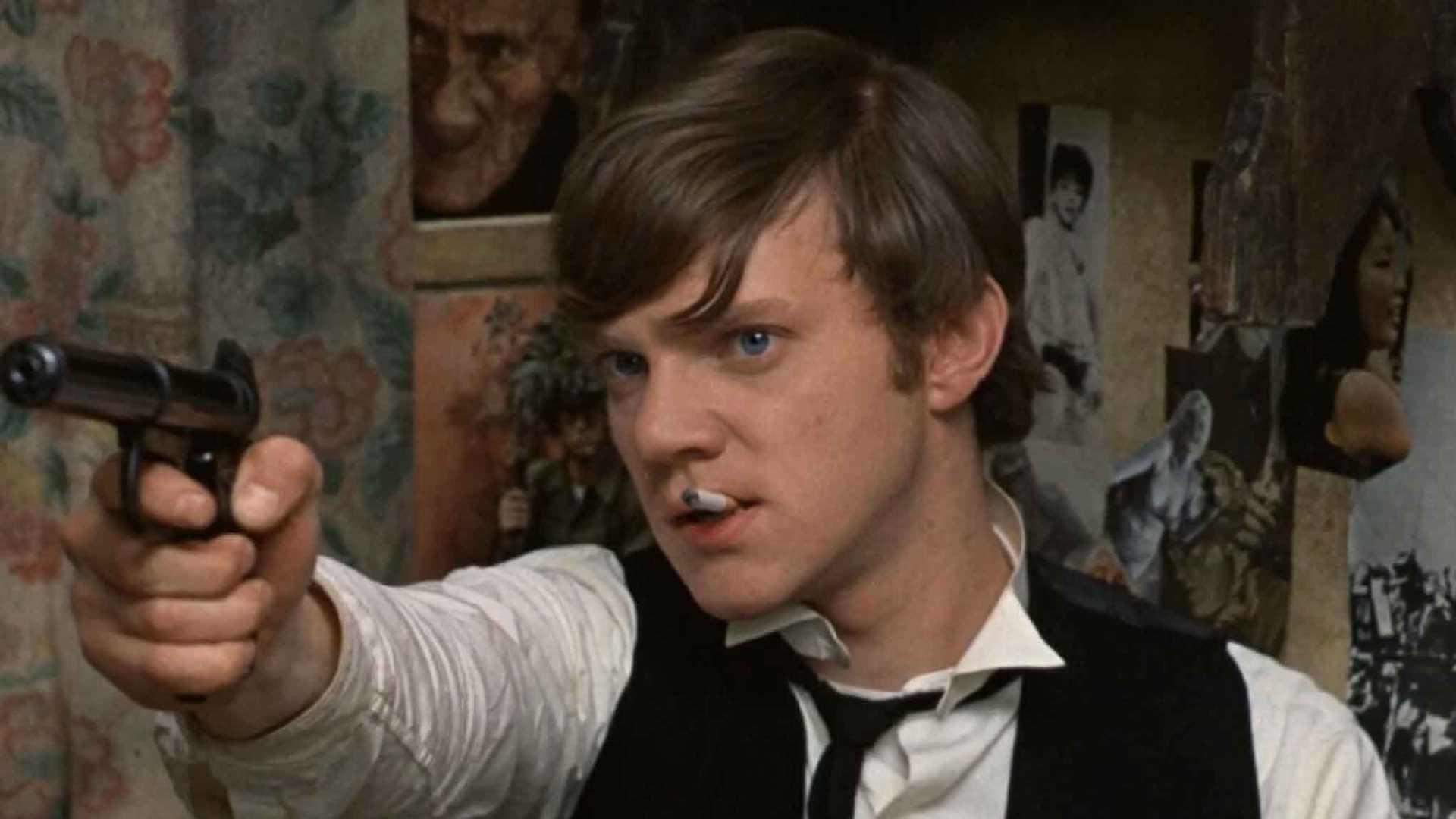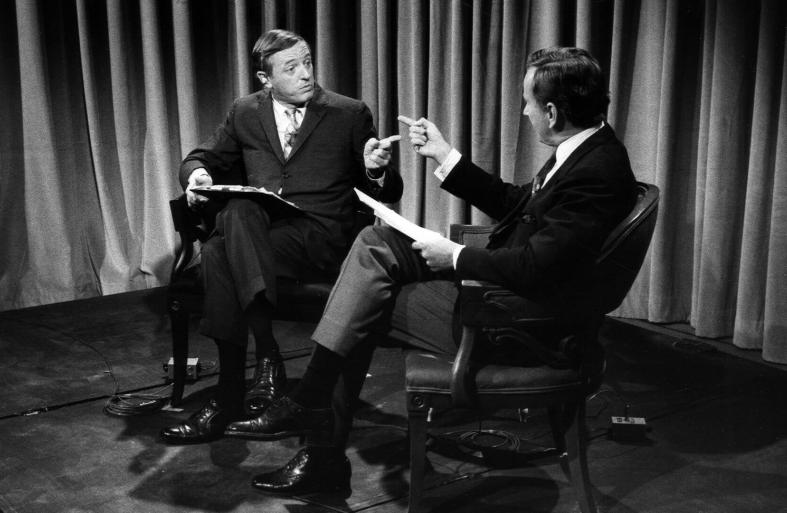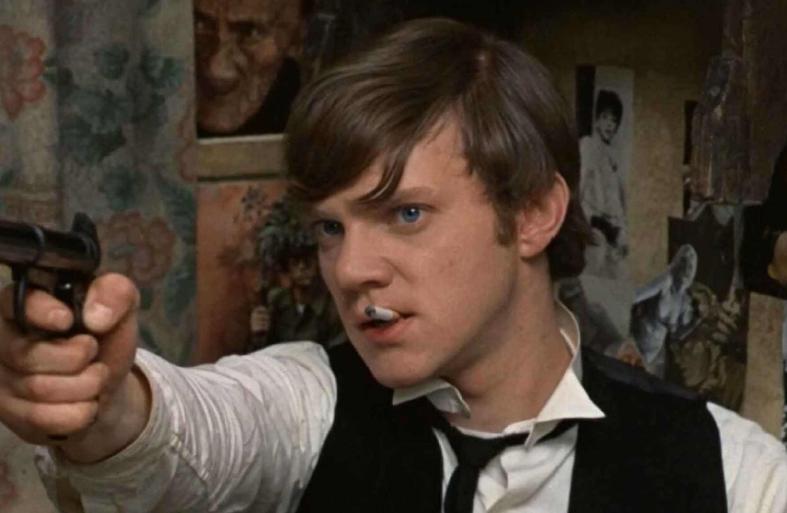1968 was the most political year of the 20th century. In 56 countries, protests and uprisings took place, mainly among students. In the streets of major cities around the world, strikes, violent demonstrations and barricades broke out. For the first time, young people rose up against regimes and forms of political and social thinking. Youngsters all over the world united against the regime, political culture and the way of life, demanding a fundamental change.
Despite the different nature of the protests in each country, the main protest was against the new provisions created after World War II. Using innovative forms of expression - films, songs, performances, theater, poetry and new intellectual discourse; Modern technology - television, video, transistors and loudspeakers - the messages that emerged from it created a new young political culture that contributed to the image of 1968 as the year the world was on fire.
Despite the strong impression left by the riots, they faded towards the end of the decade. In response, conservative, authoritarian and neoliberal order took over the West and at the end of the century even other parts of the world. One can also see the right-wing populism that has taken place in recent decades in several Western countries as a late reaction to the spirit of 1968. Some see the post-modern discourse, politics of identities, and the later stages of feminism as the aftermath of 1968.
This program will feature contemporary films that reflect the exciting events of the year.






